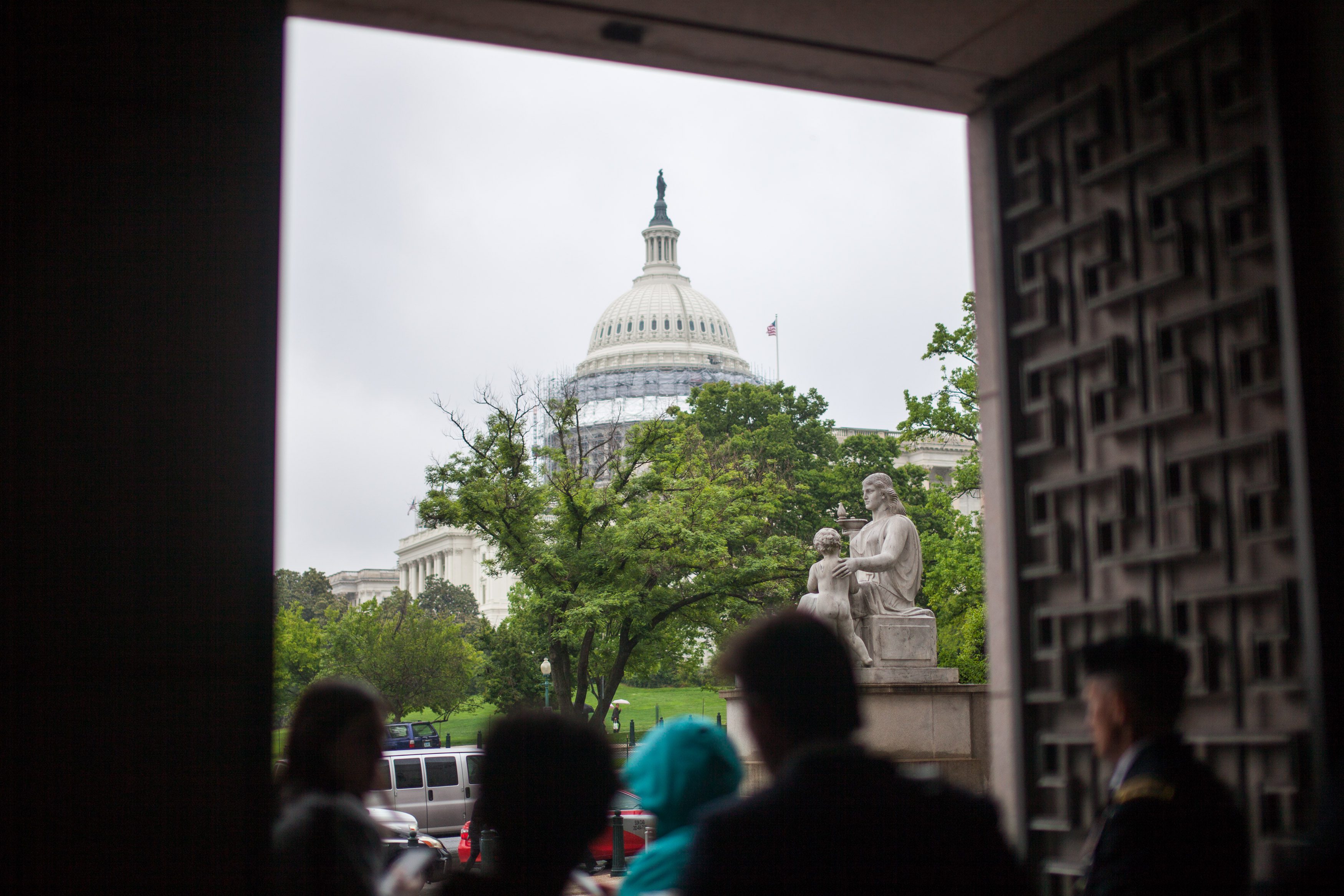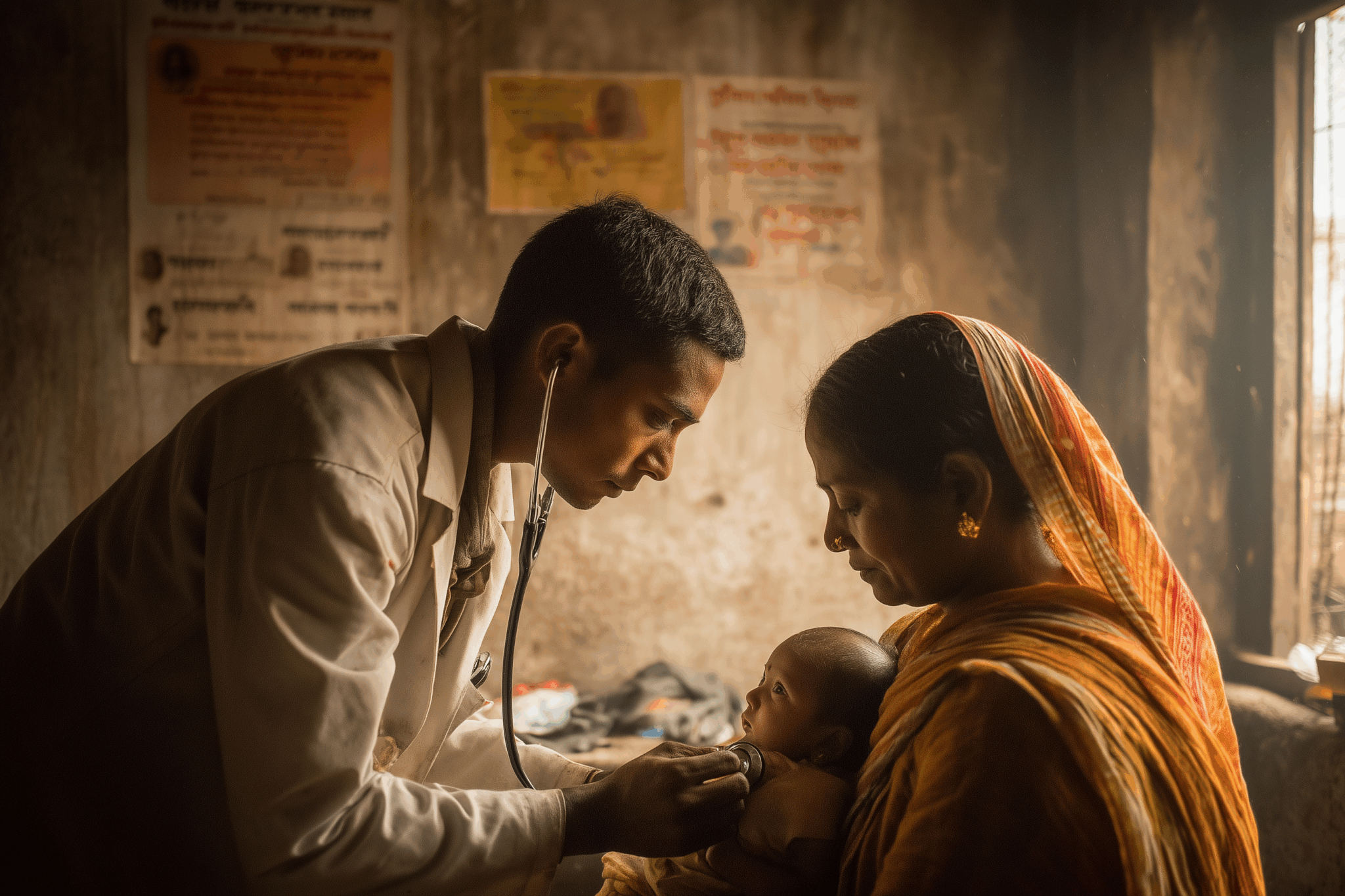By Cynthia Woodside, Bread for the World Institute
In its press release, Bread for the World expressed hope that “the poverty plan released by Speaker Paul Ryan and … [his] Task Force on Poverty, Opportunity, and Upward Mobility will start a bipartisan discussion on how to end poverty and hunger.” Given their wide scope, persistence, and deep impact in the United States, hunger and poverty have received scant national attention for far too many years.
The release of the Ryan Task Force report, A Better Way: Our Vision for a Confident America, did in fact spur a flurry of responses, many taking issue both with what is in the plan and what is not. While the lack of specifics makes in-depth analysis of the plan difficult, it’s clear that Bread for the World opposes some of the recommendations and that others raise concerns. But in order to lift hunger and poverty to the top-priority level they deserve, policymakers and organizations from one end of the political spectrum to the other must be willing to engage in an honest dialogue. Such a dialogue will require all sides to make an effort to leave their poverty baggage at the door and begin to construct a shared narrative.
Why is a shared narrative necessary? An illustration comes from the work done by the American Enterprise Institute (AEI)-Brookings Institution Working Group on Poverty and Opportunity, which released its Consensus Plan for Reducing Poverty and Restoring the American Dream in December 2015. While perhaps not as ideologically diverse as our national policymakers, the members of the AEI- Brookings Working Group quickly realized that they had some very different perspectives on the issues – and that before they could discuss possible solutions, they first needed to agree on the facts. Afterward, members of the group acknowledged that agreement on a shared set of facts was hard fought and hard won, but emphasized that it was also essential to developing shared recommendations.
The agreed-upon facts, in Chapter 2 of the report, offer examples of how different views can be accommodated to build a foundation for a bipartisan dialogue that will draw in the larger policy community.
In the report, the accepted facts on poverty are worded in a way that acknowledge both the right’s argument that the official poverty rate remained fairly constant during the War on Poverty, and the left’s contention that when the supplemental poverty measure is used, which calculates the effects of the programs created during the War on Poverty, the poverty rate has been reduced by close to 50 percent. Perhaps even more important, both sides agree that whatever measure is used, today’s poverty rate is too high.
Another example of bridging the ideological divide is the AEI-Brookings report’s discussion of economic problems that affect individuals and families. Some of the factors that contribute to poverty were suggested by conservatives and others by liberals, but what is important is that the group agreed that all are legitimate concerns. They include, for example, non-marital births, problems in the labor market, the challenges that single-parent families face, and the challenges workers face.
We at Bread are well aware that even if agreement is reached on the facts, it will also be necessary to find compromises on solutions. This is especially true in the current polarized political climate. But if people with different politics can shed some of that poverty baggage and truly listen to each other, dialogue and perhaps even consensus is possible.
Bread for the World is committed to the Sustainable Development Goals (SDGs) and their focus on ending poverty and hunger by 2030. To achieve those goals will require new ways of thinking and new ways of working, including reaching across the aisle, across the ideological divide. Only by working together in an honest and serious way can we take the steps necessary to free the United States and the world from hunger and poverty within the next 15 years.
Cynthia Woodside is senior domestic policy analyst at Bread for the World Institute.



